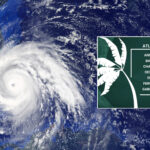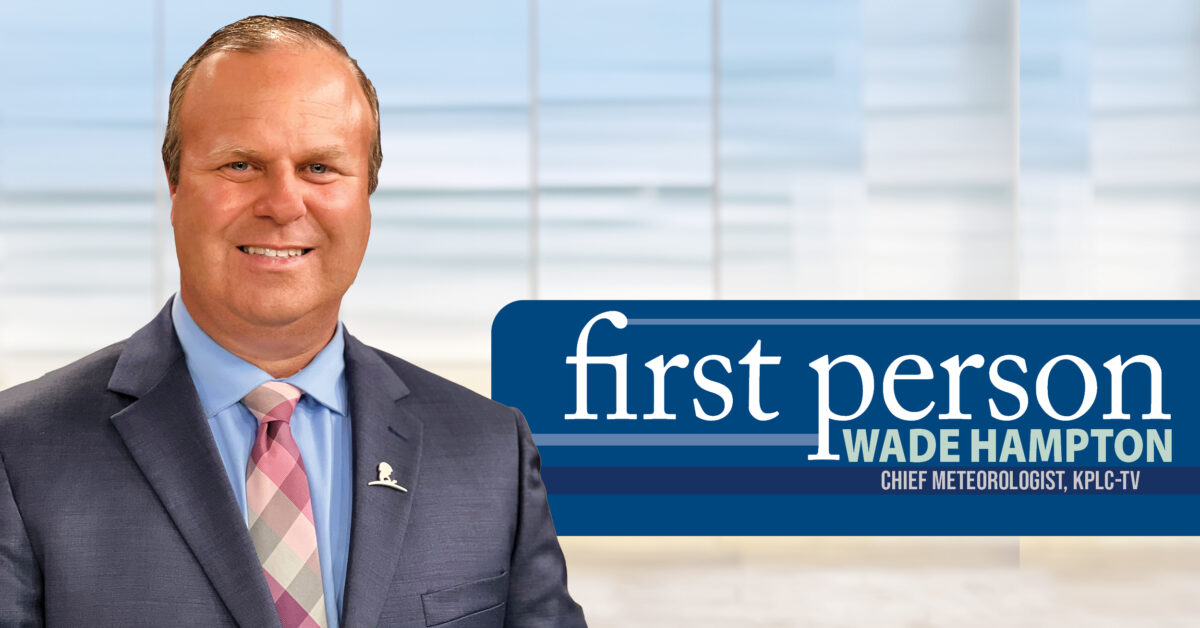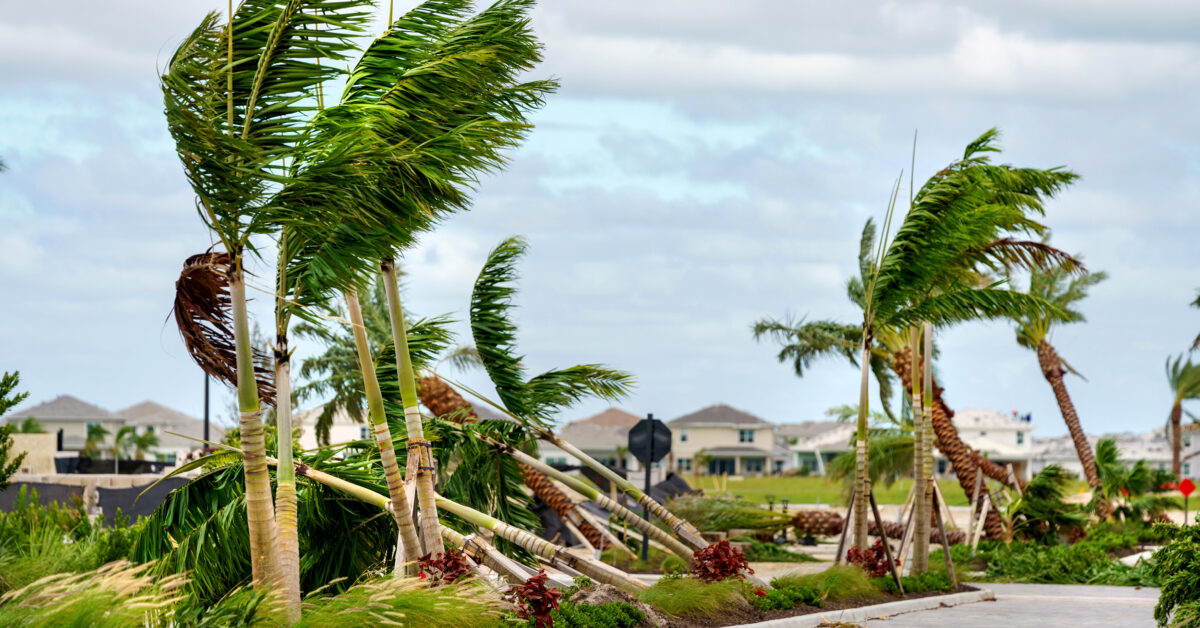
Hurricane XYZ: The History Of The Hurricane Naming System
June 2025
Protecting Your Landscape from Storm Threats
June 2025by Madelaine Brauner Landry
In Louisiana, we all know it is not IF hurricanes will show up annually, it is when and where.
Every homeowner knows the drill: Prep your home, vehicles, boats, etc.; create emergency plans, including stockpiling supplies and preparing which documents you must take; make arrangements for pets; and stay informed on the weather.
Mila Robichaux, SWLA Allstate agent, adds: “Do not wait for the storms to hit before you think about your insurance coverage. Know your deductibles. How much money do you need to pay out-of-pocket after storm damage is assessed for your home? Your agent is happy to review your policies and make recommendations. Ask questions about anything about which you are unsure. Better safe than sorry, or surprised, definitely applies here.”
Robichaux also encourages homeowners to closely review their homeowners insurance renewal. “Many insurance companies have implemented significant changes, including steep rate increases, policy non-renewals, and adjustments to deductibles and coverage limits. These updates are typically communicated by mail, email or are included in your annual renewal package, but many policyholders overlook them.”
Homeowners often procrastinate on upgrades to windows, shutters and weak areas around the home that may be vulnerable to high winds and storm surge. Some of these upgrades may earn you insurance credit. Check with your insurance agent to confirm. Upgrades should be done prior to a storm, but once your area is under a hurricane watch, boarding up doors and windows, as well as picking up any outdoor furniture or other things that can become dangerous flying objects, are critical tasks.
Robichaux also advises residents to test their carbon monoxide detectors and make sure their generators are in working order. Additional tips include making sure your flood insurance policy is up-to-date and active.
Don’t procrastinate on planning your evacuation route. Waiting to leave until the last minute cannot be helped for people who work in certain industries, but for most homeowners, that is inadvisable. Roads will be clogged with vehicles all heading to safer destinations.
Planning beforehand also means having enough cash on hand for lodging, food and other unexpected expenses. Robichaux stresses that insurance policies may cover temporary housing expenses. If you are unsure about your policy, find out now, before it’s too late.
It’s the small preparations that make a difference. Know your emergency contact information and make sure your children do as well. Advise family and friends about your evacuation plans. Do you have your prescriptions and other medical information updated? Prepare your emergency kit with water, snacks, medicines and other necessities in case you are unable to come back to your home after a storm has passed. Insurance and other vital documents should be copied or backed up safely with easy access. Will pets be accepted in the lodging you’ve chosen or do you need to make alternate boarding plans?
Despite what Jimmy Buffett sang, there really is no way to reason with hurricane season other than being prepared. Every year, from June to November, weather forecasters either tell us this season is going to be bad or if we’re in for a mild season. It only takes one storm, whatever the intensity and duration, to wreak havoc to your personal property. Once you’ve completed all the necessary responsibilities, you can relax with your chosen frozen libation.






